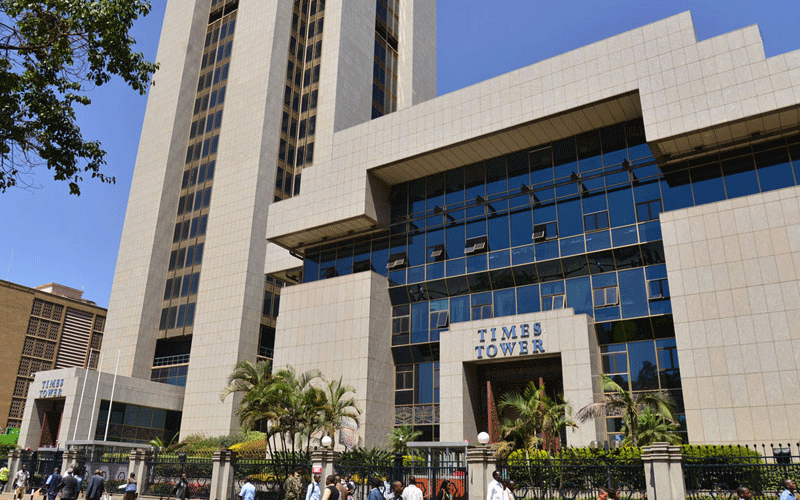How heavy taxation is killing businesses
By Editorial, February 7, 2020
As far as tourism goes, Kenya has been on an upward trajectory. Joint efforts by Brand Kenya, Kenya Tourism Board and the Tourism ministry have started to bear fruit, if the rising numbers of foreign visitors are anything to go by.
But that is as far as the story goes.
The government, already on record as having an eye on creating 500,000 jobs every year, appears to have gone to sleep or turned a blind eye on pleas by stakeholders in the tourism sector.
The bone of contention has been the myriad taxes that investors have to pay, which are a study in duplication.
There is an urgent need for national and county governments to work at reducing the many levies and taxes that businesspeople have to acquire and pay for. It is killing businesses.
For instance, Mombasa County recently hiked its hotel licence fees from Sh85,000 to Sh150,000, a 70 per cent increase.
To operate large bars that can sit over 60 patrons, hoteliers must now cough up Sh60,000, up from Sh22,000. Even to play music, the levy has gone up from Sh6,400 to Sh20,000.
In addition, there is also a two per cent levy to the tourism fund, a 10 per cent service charge and the normal 16 per cent Value Added Tax.
The government must tell the business people how they are expected to generate jobs, especially for the youth and disadvantaged groups.
Paying almost 30 per cent in levies is suicidal for many start-ups, many of which are struggling to sprout in the SME sector.
If manufacturing remains among the four pillars of the Agenda Four blueprint envisaged to catapult Kenya to middle-income status in the community of nations, these levies and taxes must be looked at afresh.
Granted, taxes remain the significant way the government can raise revenue to fund development and spur growth in all sectors.
But if these self-same taxes will be the death of small and medium enterprises, a fresh look at the issue is not only crucial, it is actually critical.
The SME sector employs 10 million individuals. The Kenya National Bureau of Statistics says approximately 400,000 micro, small and medium enterprises do not celebrate their second birthday. Few reach their fifth birthday.
Government must create an enabling environment for businesses to thrive. There are no two ways about it.

